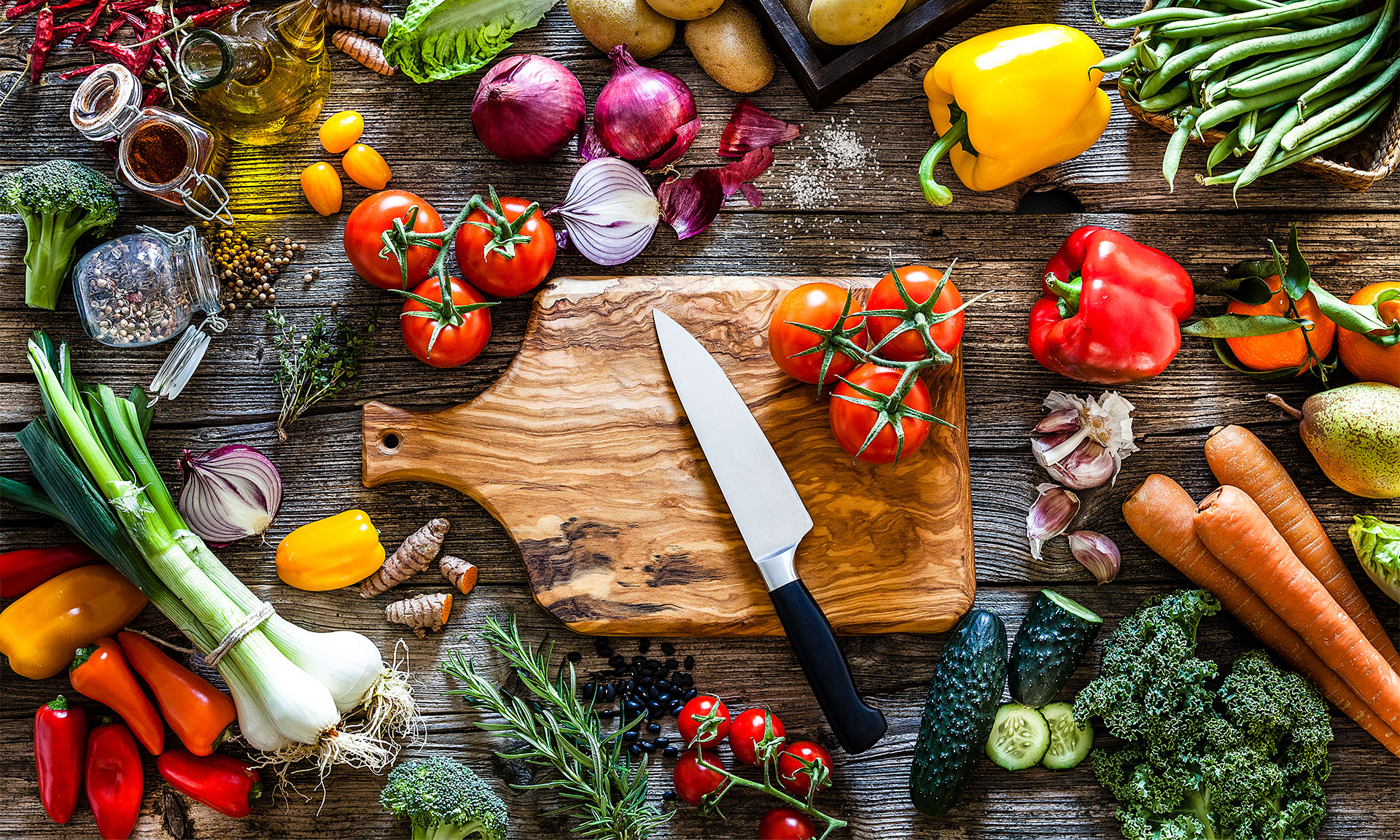By clicking a retailer link you consent to third-party cookies that track your onward journey. This enables W? to receive an affiliate commission if you make a purchase, which supports our mission to be the UK's consumer champion.
11 top vitamins and minerals to keep your immune system healthy

Your immune system defends your body against illness and infections, so it's important to keep it functioning as well as possible.
While you can't boost your immune system, what you eat, your sleep patterns and stress levels do have an impact on supporting it.
Coronavirus: the truth about boosting your immune system - we separate fact from fiction.
Read the latest coronavirus news and advice from Which?
It's important to try and eat as well as possible. This means limiting your intake of free sugars, salt and saturated fat, plus every day eating:
- a variety of fruit and vegetables each day - at least five portions (fresh, frozen, tinned and dried all count)
- starchy carbohydrates, choosing wholegrain and higher fibre versions as much as possible
- protein-rich foods, including beans, pulses, fish, eggs and meat
- dairy or fortified dairy alternatives.
These foods should give you all the nutrients you need to keep your immune system functioning well.
11 important vitamins and minerals for immune health
There are certain nutrients that play an important role in immune health. Here, we list what they are and tell you where you can find them:
1. Vitamin A
Cheese, eggs, oily fish, milk and yoghurt, liver and liver pate (but these last two should be avoided by pregnant women).
The following foods are rich in beta-carotene, which our bodies convert to vitamin A: orange and red peppers, carrots, sweet potatoes, green leafy vegetables (such as cabbage, spinach and kale), mango, papaya and apricots.

2. Vitamin B6
Found in pork, poultry, fish, bread, wholegrains, eggs, vegetables, soy beans, peanuts, milk and potatoes.
3. Folate (vitamin B9)

4. Vitamin B12
Beef, salmon, sardines, cod, milk, cheese, eggs and fortified cereals.
If you're vegan, it can be hard to get enough vitamin B12 in your diet, so it's worth considering a supplement that contains a daily dose of 1.5 micrograms of vitamin B12.
5. Vitamin C

6. Vitamin D
Oily fish, red meat, liver, egg yolks and mushrooms.
There aren't many dietary sources of vitamin D - our bodies produce most of our vitamin D from the sun.
Between October and April, it's recommended that everyone above the age of one takes a 10 microgram daily supplement of vitamin D.
However, if you're able to be outside and feel the sun on your face and arms for around 20 minutes on your daily walk or exercise, this should be enough.
7. Vitamin E

8. Copper
Nuts, shellfish and offal.
9. Iron
Liver, red meat, beans, nuts, dried apricots, brown rice, dark green leafy vegetables (such as spring greens, kale and spinach).
10. Selenium

11. Zinc
Meat, shellfish, dairy, bread and breakfast cereals.
If you're eating a balanced and varied diet, you should be able to get all of these nutrients, plus many others, from the food you eat. And in most cases, apart from Vitamin D and folic acid if you're pregnant, supplements really aren't necessary.


